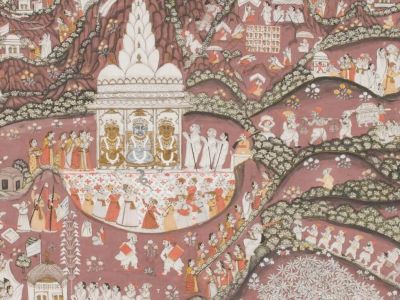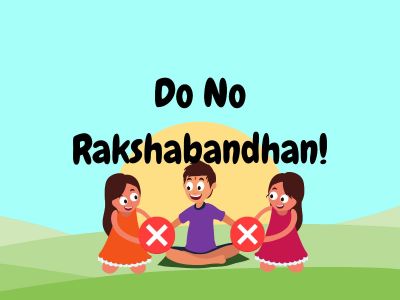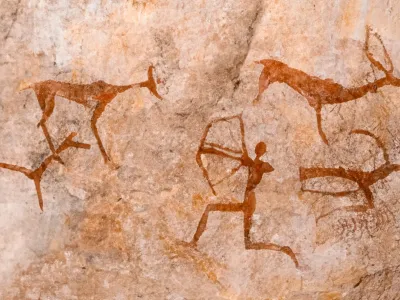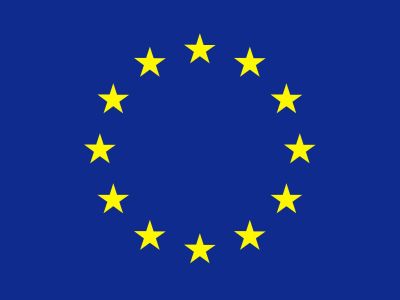The Mahsa Amini Protest - Iran Feminist Movement 2022
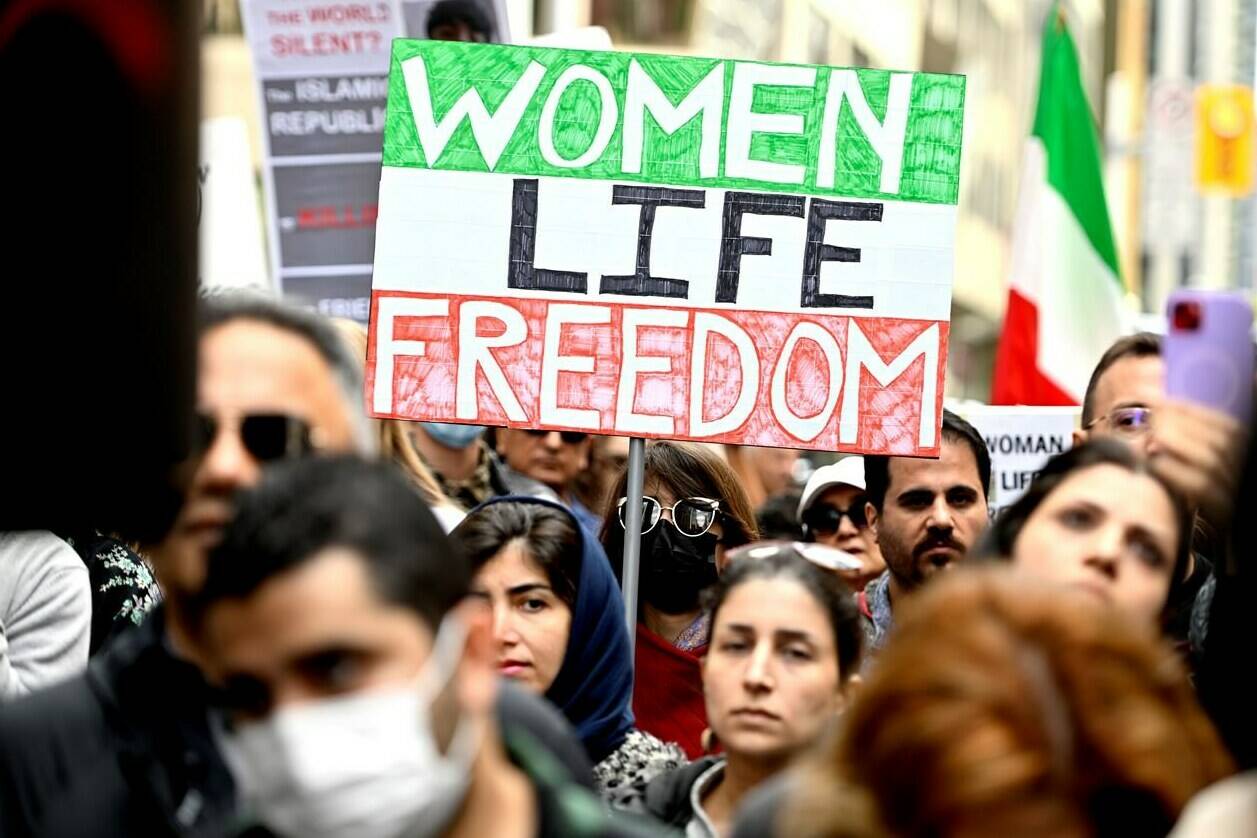
Unjust Death of Mahsa Amini has fueling the biggest protests seen in the Islamic republic. Reports say at least 201 people were killed by security forces confronting protests across the country. Khaby Lame, a influencer wrote, "The biggest war for women's rights and human rights is happening in Iran. If you live on earth and remain silent, you will never be able to speak about women's rights again."
From 16 September 2022 an ongoing series of protests and civil unrest against the government of Iran began in Tehran as a reaction to the death in custody of 22-year-old Mahsa Amini(مهسا امینی), who had been assaulted and later arrested by the Morality Police for wearing an "improper" hijab while visiting Tehran from Saqqez which is a breach of islamic Law. According to eyewitnesses, Amini had been severely beaten by Morality Police, an assertion denied by Iranian authorities. These assertions, in addition to leaked medical scans, led independent observers to believe Amini had had a cerebral hemorrhage or stroke.
Despite killing of hundreds of protesters and the arrest of more than 14,000 people, today there was a massive uprising in Karaj, and other cities in Iran, on the 40th day after the killing of protesters #HadisNajafi and other victims.#MahsaAmini pic.twitter.com/Y1FhOfYiFb
— Masih Alinejad ????️ (@AlinejadMasih) November 3, 2022
Series of protests, described by CNN as more widespread than the protests in 2009, 2017, and 2019. By The New York Times as the largest Iranian protests since 2009. Some female demonstrators removed their hijab or publicly cut their hair as acts of protest. By October 2022, Iran Human Rights reported that at least 201 people were killed by security forces confronting protests across the country; Amnesty International reported that Iranian security forces were, in some cases, firing into groups with live ammunition, and in other cases were killing protesters by beating them with batons.
In Iran, Amini's father was interviewed by various international media about his daughter's death and answered the claims of Iranian government officials. In an interview with BBC Persian, the father accused the Iranian authorities of lying about her death and noted that every time he was asked how he thinks she died, his response was mysteriously cut from local news broadcasts.
Who is Mahsa Amini?
Mahsa Amini was born on September 21, 1999 to a Kurdish family in Saqqez, Kurdistan Province, in northwestern Iran. While Mahsa was her official Persian given name, her Kurdish name was Jina (also spelled Zhina), and was the name she was known as to her family. She had one younger brother. Her father is an employee in a government organization and her mother is a housewife. She attended Taleghani Girls' High School in Saqqez, graduating in 2018. At the time of her death, Amini had just been admitted to university and aspired to become a lawyer.
What is the History of Islamic Law in Iran?
In year 1979, Iran implemented a mandatory dress code for women, in accordance to Islamic law also called sharia, a short time after the 1979 Iranian Revolution. On 7 March, less than a month after the revolution, Khomeini decreed the hijab (Islamic headscarf) to be mandatory for all women in their workplace, and decreed that women would no longer be allowed to enter the workplace or any government office without the Hijab, which he termed as "naked".
Violence and harassment against women not wearing the hijab in accordance with Iranian government standards had been reported after the revolution, whether by law enforcement personnel or pro-regime vigilantes. From 1980, women could not enter government or public buildings or attend their workplace without a hijab. In 1983, mandatory hijab in public was introduced in the penal code, stating that "women who appear in public without religious hijab will be sentenced to whipping up to 74 lashes". But in practice, a number of women, such as Saba Kord Afshari and Yasaman Aryani, were sentenced only to heavy prison terms.
In the last decade, clothing in Iranian society underwent significant changes, and young women in particular tend to be more liberal about hijab rules, prompting the nation's morality police, to launch intermittent campaigns to verbally admonish or violently arrest and "re-educate" women they considered to be wearing the hijab incorrectly.
Protests against the compulsory hijab have been common since 1979, with one of the largest protests taking place between 8 and 14 March 1979, beginning on International Women's Day and a day after hijab rules were introduced by the Islamic Republic. Protests against mandatory hijab rules continued, such as during the 2019–2020 protests, when protesters attacked a Guidance Patrol van and freed two detained women.
In 2020, two representatives of Iranian government Leader Ali Khamenei separately said that improperly veiled women should be made to feel "unsafe". The representatives later backtracked and said that their comments were misunderstood. Among the general population, an independent survey conducted in the same year showed that 58% of Iranians did not believe in hijab altogether, and 72% were against compulsory hijab rules. Only 15% insisted on the legal obligation to wear it in public.
Reactions on Mahsa Amini Protest
Amnesty International requested a criminal investigation into the suspicious death. According to this organization, "all responsible officers and officials" in this case must be brought to justice and "the conditions leading to her suspicious death, which include torture and other ill-treatment in the detention center, must be investigated criminally."
Human Rights Watch called Amini's death "cruel" and demanded from the Iranian authorities to end the mandatory hijab law and enhance the women rights situation in the country.
The Center for Human Rights in Iran declared Amini another victim of the Islamic Republic's war on women and stated that the tragedy should be strongly condemned worldwide to prevent further violence against women in Iran.
Humanists International called for those responsible for the murder of Amini "to be held accountable", condemned Iran's "strictly enforced patriarchal religious norms", and added that "compulsory veiling is a human rights violation, and that appeals to religious 'morality' can never be used to police women’s choices, or to invalidate their equal dignity and worth".
The United Nations announced that the death and alleged torture of Amini should be investigated independently. A joint statement by UN experts "strongly condemned the death of 22-year-old Mahsa Amini, who died in police custody".
Various Celebrities Reactions
A number of celebrities and others reacted to Amini's death.
Khaby Lame, an Italian influencer, wrote on his Instagram page, "The biggest war for women's rights and human rights is happening in Iran. If you live on earth and remain silent, you will never be able to speak about women's rights again."
British Iranian comedian and author Shaparak Khorsandi, whose family fled Iran following the revolution, said "The Iranian regime kills women for trying to live freely. This is not just Iran’s problem, it is the world’s problem. Do not look away. This denial of basic human rights is an affront to human dignity. Mahsa Amini cannot speak up any more. The world should act in solidarity and amplify her voice and the voices of all Iranian women who dare to speak up for choice and democracy".
J. K. Rowling, author of the Harry Potter novels, posted on Twitter, "Then the rest of the world needs to keep saying her name. #MahsaAmini died aged 22 in police custody because she violated hijab regulations. Solidarity with all Iranians currently protesting."
American actress Leah Remini wrote on Twitter: "Killing of Mahsa Amini is unacceptable under any circumstances, but the fact that she was arrested for wearing an inappropriate hijab makes it even more appalling."
Turkish actress Nurgül Yeşilçay published a picture of Amini in her Instagram story and wrote: "It's unfortunate... Alas for all the women in the world."
Australian actor Nathaniel Buzolic, publishing a picture of Amini on his Instagram, asked: "Where are the feminists? Why is the world silent?"



